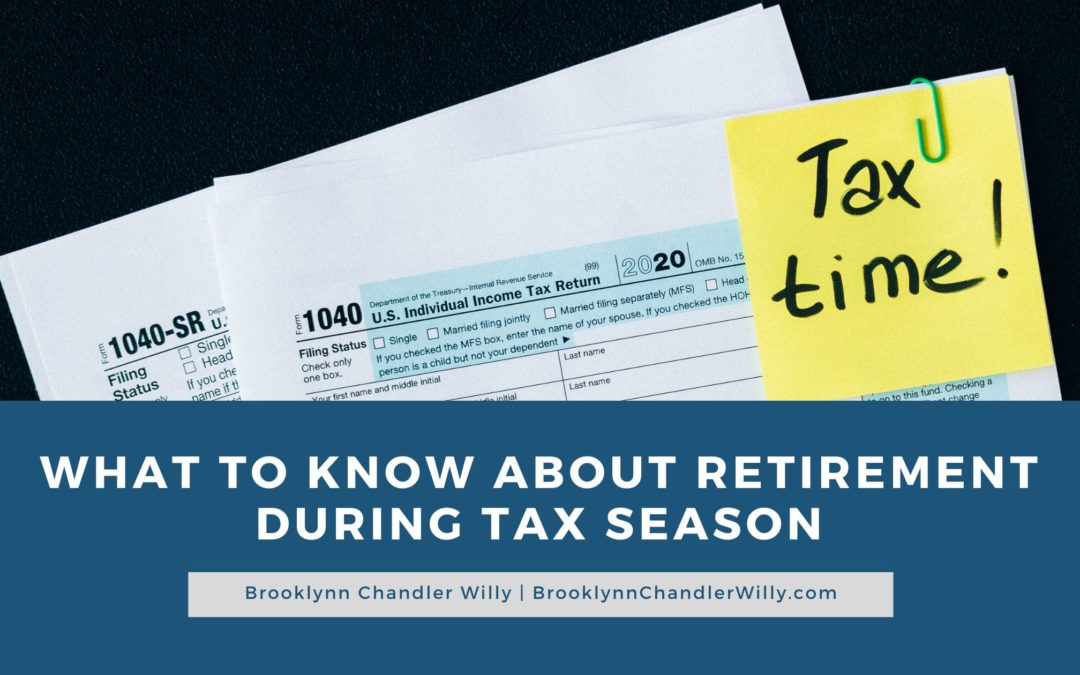You might think about the tax consequences and benefits of investing in retirement. However, it’s also essential to understand the impact of taxes on your savings and future income. Here are important aspects you should know about retirement during tax season.
Monitor Social Security and Income
You’ll be entitled to Social Security benefits if you were employed by an organization or had profited from your self-employment before retirement. If you only have these benefits during retirement, and your gross income is zero, you’ll not be required to file a tax return.
If your income isn’t tax-exempt, you may be required to pay taxes in retirement. If you’re married to someone 65 or older and filing jointly, you’ll have to file a return if your income exceeds $28,700 in 2023. This amount differs from previous years’ returns and will likely increase yearly.
Pretax Retirement
You may have funds in pretax retirement plans such as a pension or a 401(k), and these withdrawals are generally subject to taxes. The plan’s administrator can sometimes deduct your distributions, but your tax bracket might only partially allow you to cover the bill. Your tax rate is determined based on your income for the year. With multiple sources of income, you can lower your tax bill in retirement if you limit your distributions.
Understand Traditional IRA Contributions
Most people contribute to a traditional IRA with after-tax money. If you didn’t take a deduction for any of your contributions, these non-deductible withdrawals are not subject to taxes. This is because you already made these deposits and couldn’t receive a tax benefit from them. If you took a deduction for contributions to a traditional IRA in earlier tax years, you might want to limit your withdrawals to reduce your tax bill.
Remember Roth IRA Distributions
Roth IRA* contributions are made with after-tax money, and you can’t deduct them from your income. This eliminates the possibility of taxes on these withdrawals when you retire. You can lower your tax liability by contributing to a Roth IRA or taking advantage of the income potential of this type of asset. If you’re still working at a higher tax rate than you will be when you retire, then you can limit the amount of money that you can withdraw from a Roth IRA.
Convert Your Pretax Plans
If you’re planning on converting your retirement funds into a Roth IRA, the IRS allows this. This method will lower your tax liability while allowing you to take advantage of the tax benefits of investing in this type of account. However, in the year following the conversion, you will have to pay taxes on the funds you converted.
*Disclosure:
Converting an employer plan account or Traditional IRA to a Roth IRA is a taxable event. Increased taxable income from the Roth IRA conversion may have several consequences including but not limited to, a need for additional tax withholding or estimated tax payments, the loss of certain tax deductions and credits, and higher taxes on Social Security benefits and higher Medicare premiums. Be sure to consult with a qualified tax advisor before making any decisions regarding your IRA.

